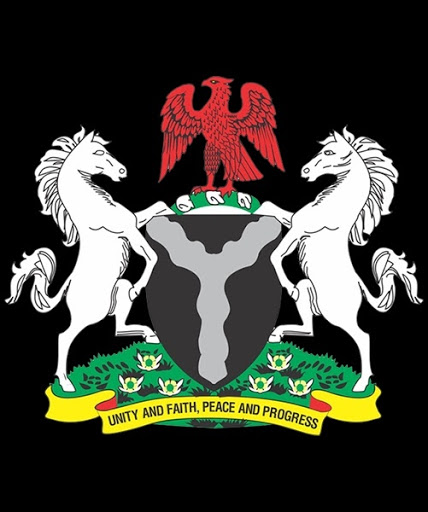Nigeria’s business environment has always been a dynamic, if unpredictable, landscape. However, today, businesses are truly at a crossroads, grappling with unprecedented challenges and emerging opportunities. The country’s economy, once buoyed by its vast natural resources and a burgeoning population, now faces myriad hurdles, from macroeconomic instability to policy shifts and global economic pressures. The decisions business leaders make at this crucial juncture will shape not only the future of their companies but the overall trajectory of Nigeria’s economic development.
One of the most pressing issues businesses in Nigeria face is the instability of the Naira. The continued devaluation of the local currency has made it difficult for companies to manage costs, particularly those dependent on imports. Raw materials, machinery, and even technology services are becoming more expensive, straining already thin profit margins. For many small and medium-sized enterprises (SMEs), which make up the backbone of Nigeria’s economy, the situation is even more dire. With limited access to foreign exchange and credit, these businesses are struggling to stay afloat in a volatile market.
Compounding these challenges is the country’s unreliable power supply. Despite repeated government promises to fix Nigeria’s energy sector, businesses still suffer from frequent power outages, forcing them to rely on costly alternatives like generators. The impact on manufacturing, agriculture, and even the service industry is profound, with increased operational costs stifling competitiveness.
Government policies have also placed businesses in a precarious position. While some reforms have aimed to boost local industries and attract foreign investment, others have created bottlenecks. High taxation, bureaucratic red tape, and inconsistent regulatory frameworks are a major source of frustration for many entrepreneurs. These issues not only limit innovation but also discourage new businesses from entering the market. It’s a balancing act between encouraging growth and maintaining control, and so far, the government has struggled to find that equilibrium.
Yet, amid these daunting challenges, opportunities exist. Nigeria remains Africa’s largest economy, with an increasingly tech-savvy and youthful population that holds the potential for significant domestic growth. The rise of digital platforms has opened new doors for entrepreneurs, providing them with access to broader markets both locally and globally. The fintech sector, for example, has seen explosive growth, demonstrating that even in challenging times, innovation can thrive.
Additionally, Nigeria’s push for self-sufficiency in key sectors like agriculture and manufacturing presents an opportunity for businesses to invest in local production. The shift towards a more diversified economy could alleviate the country’s overreliance on oil and create new industries that are less susceptible to global price fluctuations.
At this crossroads, Nigerian businesses must make strategic choices. The key to survival and success lies in adaptation, innovation, and resilience. Companies that can pivot, embrace technology, and tap into emerging sectors will be better positioned to weather the storm. On the other hand, those that remain complacent or fail to innovate risk being left behind.
For the government, the path forward is equally crucial. Creating an enabling environment for businesses through stable policies, improved infrastructure, and economic incentives will be essential. Without these, the full potential of Nigerian businesses will remain untapped.
In conclusion, Nigeria’s businesses are indeed at a crossroads. While the challenges are significant, they are not insurmountable. With the right strategies, forward-thinking leadership, and supportive government policies, businesses can turn these challenges into opportunities for growth and innovation, charting a course toward a more prosperous future. The road ahead may be difficult, but it is also filled with possibility.









